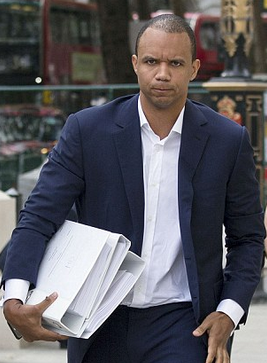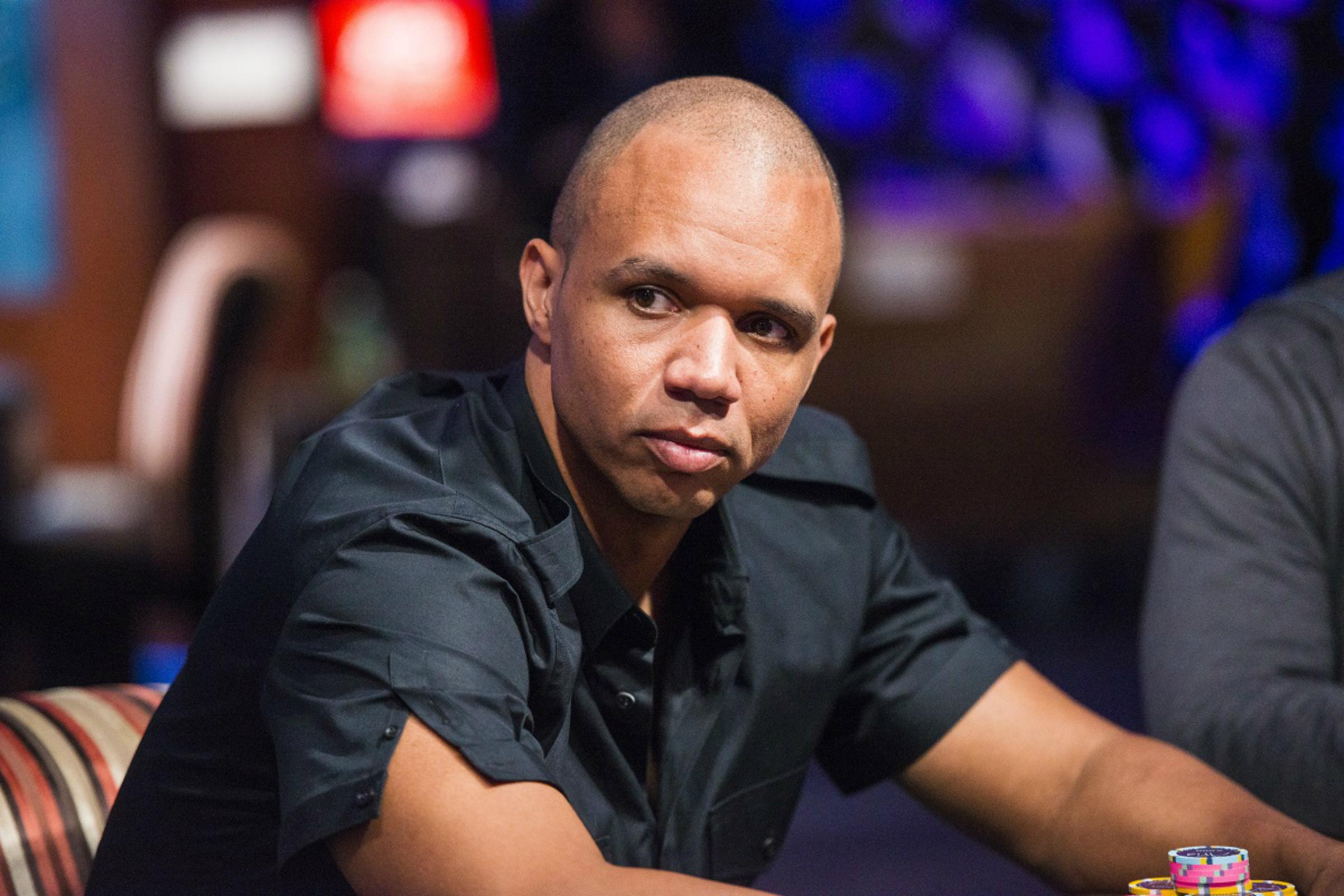Phil Ivey Edge Sorting
HOME News Phil Ivey Settles Edge Sorting Lawsuit with the Borgata July 9, 2020, 9:57 am Poker pro Phil Ivey is believed to have reached a settlement with the Borgata Atlantic City in a long-running $10-million legal battle stemming from a controversial advantage play technique the player used while playing baccarat at the casino all the way. 27 Phil Ivey Loses £7.7M Supreme Court Appeal in London Edge Sorting Case 28 Top 10 Stories of 2017, #7: Phil Ivey Loses $19 Million in Court Battles 29 Gemaco Playing Cards Off the Hook in. In fact, this topic is meant to untwist the answers of CodyCross Casino game where Phil Ivey used “edge sorting”. Accordingly, we provide you with all hints and cheats and needed answers to accomplish the required crossword and find a final word of the puzzle group.

Professional poker player Phil Ivey hit the news when he was spectacularly denied winnings of £7.7 million from Crockfords Club casino in Mayfair. The US pro gambler was accused of cheating by a technique known as ‘edge sorting’, prompting the casino to refuse to pay out on winnings he had picked up at the Punto Banco table. While the game in question took place back in 2012, the resulting legal action unfolded over a number of years, with appeals and challenges extending the duration of the case.
The case attracted significant media attention at the time, with people all over the world captivated by Ivey’s claim that he had legitimately won the money. So was he in the right, or is he just another cheater looking to exploit unfair loopholes to take advantage of the casino?
The Edge Sorting Scandal
Phil Ivey Edge Sorting Movie
Ivey accepts that he used a technique during the game in question called ‘edge sorting’. This occurs where players use small imperfections on the back of playing cards to glean information about the face value, on which they then make corresponding betting decisions. With fellow gambler Cheung Yin Sun, Ivey identified small flaws on the back of certain cards during the game, which he used to distort the game maths in his favour.
Ivey has never denied that he used the technique during the game. However, he has maintained that it was perfectly legitimate to do so. After winning, Ivey was handed a receipt for the £7.7 million owed to him by the casino. When attempting to redeem, he was told that the casino was refusing to pay.

In his own words, Ivey said he felt he had little option but to take the matter to court in an attempt to recover the money. But was the refusal to pay his winnings a justified move by the casino?
Phil Ivey Edge Sorting Baccarat
Refusal To Pay

Phil Ivey Lawsuits Against Casinos
When presented with Ivey’s demands for payment, Crockfords declined, citing edge sorting as a form of cheating which it could not countenance. While Ivey said the casino should have taken steps to prevent losses to highly experienced gamblers, the casino alleged the strategy gave Ivey an unfair advantage.
In the eyes of the casino, the technique was illegitimate, and akin to other forms of cheating and fraud often deployed in casinos. Citing legal definitions of ’cheating’ under UK law, the casino said it had no obligation to pay the amount, despite Ivey’s protests to the contrary.
Phil Ivey Edge Sorting Baccarat
Ivey initially brought the case to the high court in 2014, where it was ultimately dismissed. This led to appeals to the Court of Appeal, and ultimately to the UK Supreme Court, in Ivey’s bid to get a ruling against the casino.
The Legal Battle

After being thrown out of the High Court, Ivey took the case to the Court of Appeal in 2016. The court upheld the previous ruling, finding that edge sorting constituted a form of cheating as defined by the Gambling Act 2005. In court, the appeals judge said whether Ivey considers himself to have acted dishonestly is irrelevant, and that his actions could properly constitute cheating as legally defined.
“In my judgment, this section provides that a party may cheat within the meaning of this section without dishonesty or intention to deceive: depending on the circumstances it may be enough that he simply interferes with the process of the game.”

Ivey eventually took the case to the Supreme Court, but was denied a satisfactory result in the end. The court found that Ivey had been using techniques to give himself an unfair advantage, and that these techniques do constitute a form of cheating under UK gambling laws.
While disappointed with the result, it is only the latest time Ivey has been held accountable for edge sorting techniques. While he maintains this was merely the sign of an effective, high calibre gambler at work, the casinos and courts have continued to disagree.
Paul Willcock on behalf of Crockfords welcomed the courts ultimate ruling in their favour, describing the result as a “landmark case” for cheating casinos in the UK.
“This has been a landmark case in how the courts approach cheating in the modern day. This entirely vindicates Genting’s decision not to pay Mr. Ivey, a decision that was not taken lightly.”
The new European data protection law requires us to inform you of the following before you use our website:
We use cookies and other technologies to customize your experience, perform analytics and deliver personalized advertising on our sites, apps and newsletters and across the Internet based on your interests. By clicking “I agree” below, you consent to the use by us and our third-party partners of cookies and data gathered from your use of our platforms. See our Privacy Policy and Third Party Partners to learn more about the use of data and your rights. You also agree to our Terms of Service.